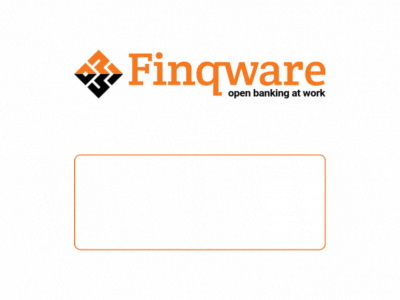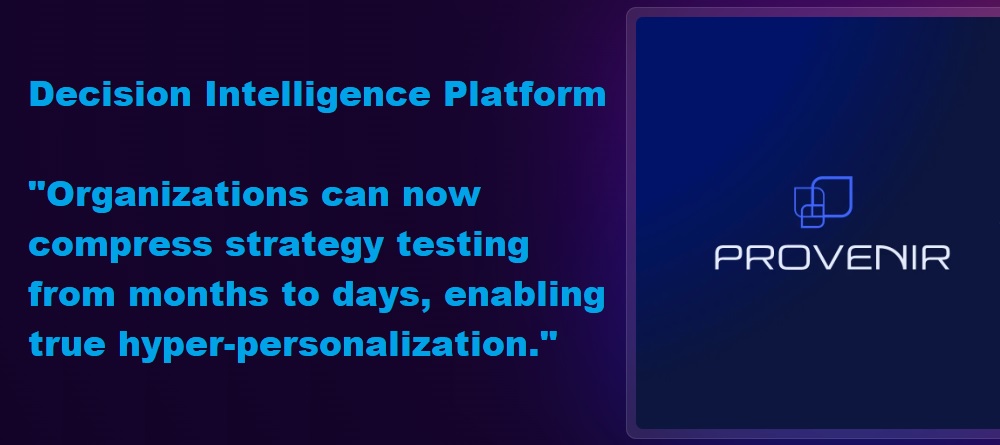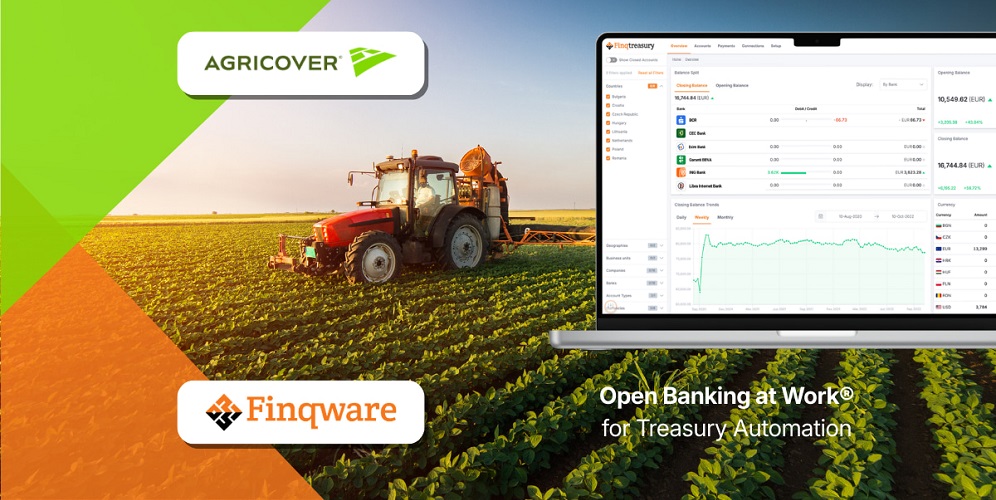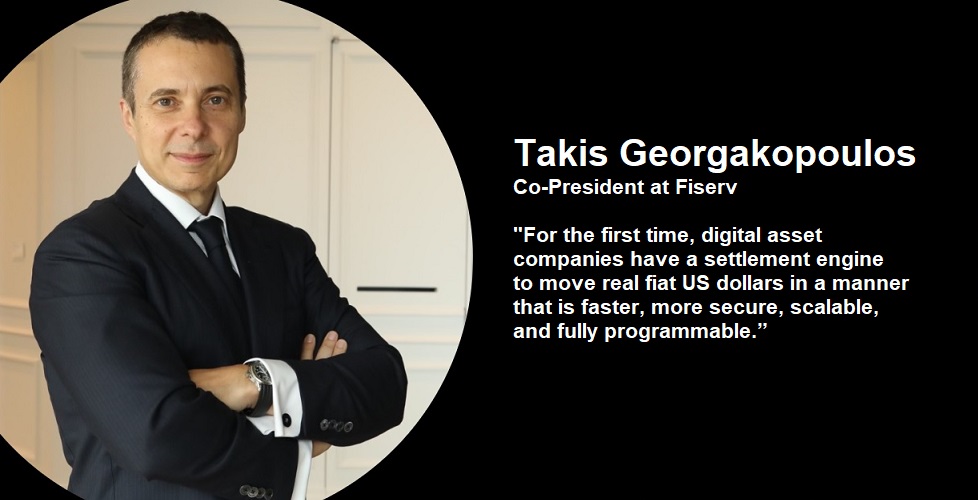Salt Edge takes a firm stand on data security in open banking. The company is coming to Banking 4.0

A Salt Edge blog
We’ve been witnessing how banks perfect their open APIs, fintechs develop their super-apps, and users watch all the fuss and don’t really get it. What wasn’t shareable some time ago is now presented as an amazing opportunity, unveiling the perspective of enjoying the perks of open banking. Dmitrii Barbasura, CEO and Co-founder at Salt Edge, shares his thoughts on the advantages and the real level of safety for end-users when using open banking.
“Sharing is caring” but how true is that when it comes to bank data? “Bank accounts’ credentials and other financial data used to be securely held ‘behind closed doors’. And now everybody speaks about data sharing. Confusing, right? All innovations have been suspiciously regarded in the beginning. Society starts embracing them once it becomes clear how they work.
Most end-users either don’t know what open banking is, or are skeptical about it, since they don’t fully comprehend all its advantages. While we’ve seen so many well-targeted informational campaigns on topics like wearing the seat belt in a car, supporting financial inclusion, and others, there haven’t really been any educational campaigns on open banking”, says Dmitrii Barbasura. Banks know what it means, fintechs are already leveraging it, while the end-user is facing the change of the paradigm they have been exposed to for so many years, about keeping data to oneself.
Open banking brings lots of advantages to end-users, including new solutions for transferring money, getting loans’ approvals due to more inclusive credit history, apps tailored to consumer behaviour and needs, and many new possibilities that haven’t existed before.
“Aggregating financial data, one of open banking’s possibilities, isn’t new to the market”, says Dmitrii Barbasura. “Before the regulatory imposed APIs, similar services were based on screen scraping: the user shared their credentials with the third-party who would then access the account and fetch the necessary data. Nevertheless, one of the big-time signs of progress brought by open banking is all the security it revolves around. You wanna be part of the game, you must stick to the rules. The number 1 rule for third-party providers refers to data security. Being accepted to the open banking framework is challenging: every party must implement and prove the existence of the utmost standards of physical security, software tools, and security policies. Becoming accredited is somehow a privilege and one misaction excludes you from open banking for good.”
Integrating open banking in end-users lives is far more secure than ever, courtesy of the following safety measures:
. Open banking uses application programming interfaces (APIs) to deliver fast and highly secure data transfer or to securely initiate payments.
. Account accessing happens only with the user’s consent. It is the user who decides what data, with whom, and for how long they want to share or though whom to pay.
. Users have control over the process. After they initiate an action through a TPP app, they will fortify their decision once again already on the bank’s side – be it to grant access to data or pay. Furthermore, they can prevent fraudulent activities as they get notified about initiated actions related to their accounts, by detecting and instantly cancelling those not initiated by them.
“We at Salt Edge have a very strong security awareness culture within the organisation. An ever-expanding number of leading FinTechs, banks, and other financial institutions trust Salt Edge to deliver Account Information, Payment Initiation, PSD2 Compliance solutions, and others. The trust is the result of a constantly evolving information security management system, which includes internal policies, regular audits, comprehensive instructions, and valuable documentation on “why” and “how” the information assets are being protected. Our company is ISO 27001 certified in the scope of “developing, managing, and providing financial IT services”, and PCI DSS compliant, which represents a guarantee of high-security requirements and standards Open banking is safer than ever. People should be properly informed on the security measures taken by the party they interact with. For us, open banking participants, getting data protection wrong brings commercial, reputational, regulatory, and legal penalties. Getting it right brings rewards in terms of client trust and confidence”, concludes Dmitrii Barbasura.
__________
Salt Edge is a financial API platform with PSD2 and open banking solutions. The company has two main vectors of activity: enabling third-parties to get access to bank channels via a unified gateway, and developing the technology necessary for banks to become compliant with the directive’s requirements. ISO 27001 certified and AISP licensed under PSD2, the company is integrated with 5000+ financial institutions in 50+ countries.
Dariusz Mazurkiewicz – CEO at BLIK Polish Payment Standard
Banking 4.0 – „how was the experience for you”
„To be honest I think that Sinaia, your conference, is much better then Davos.”
Many more interesting quotes in the video below:












